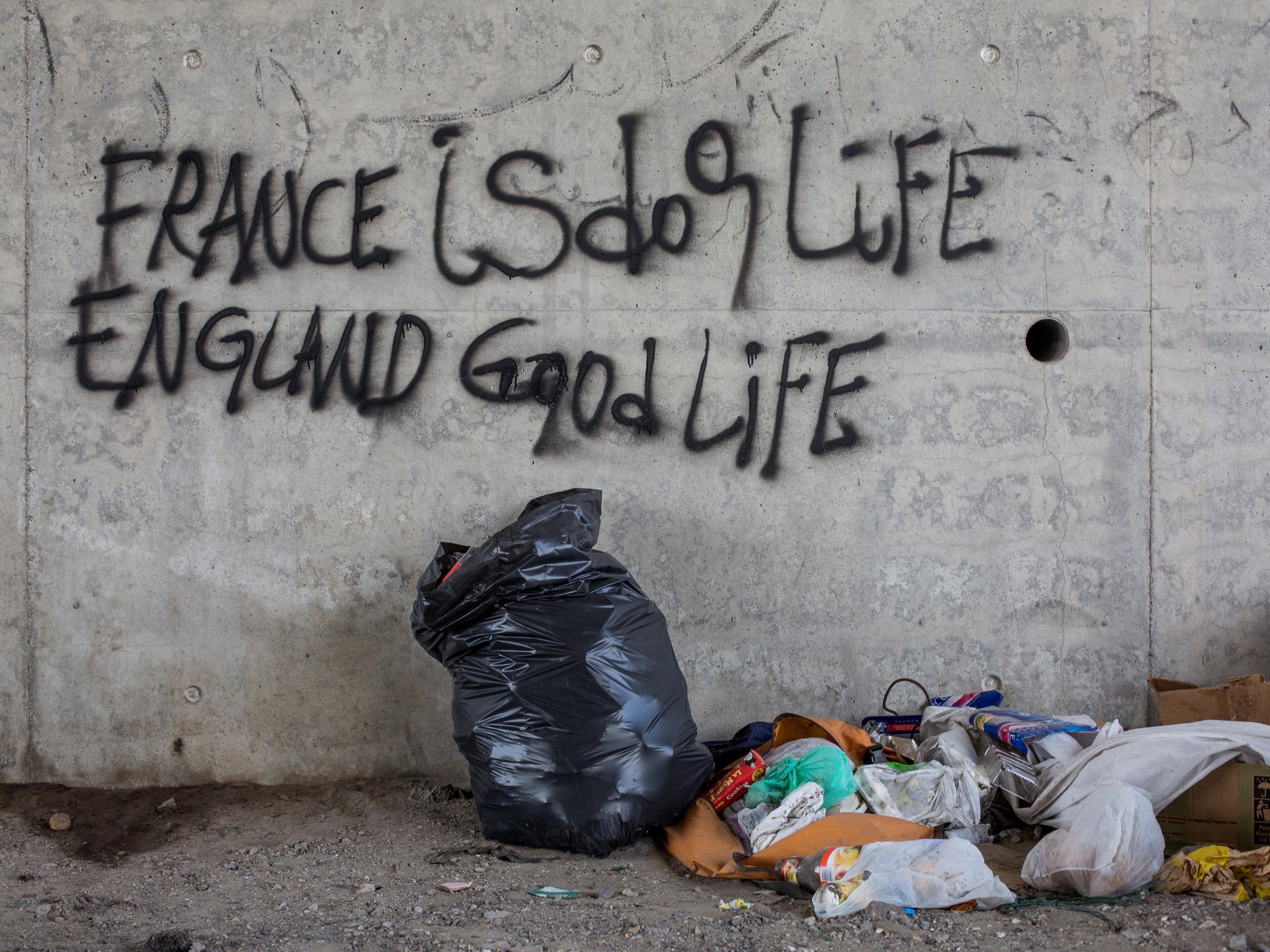Don't call Calais a migrant problem: it's a humanitarian crisis
Italy is taking a humane approach, but if only other European leaders could join them

I’m writing this from Northern Italy, where news of the Calais migrant crisis is – to say the least – sketchy, in relation to the freak hailstorm that struck Tuscany this weekend, and Inter’s prospects in Serie A. Here in Milan, there is no doubt whatsoever that there is a crisis, neither British, French, Italian nor European, but a global one.
In the first half of this year alone 85,000 migrants arrived in Italy – that we know of! Last year, there were 170,000. In the last 18 months or so some 65,000 migrants, many desperate, have passed through Milan’s Central Station. Think about that: 65,000, many of them Eritreans, who travelled through the boot of Italy, having been rescued at sea.
Until recently, there was an aid area within Milan Central, where people could receive a little food or new clothes, but it has closed, pushing the destitute outside the station. How and where to help them - and whether there should even be help is now a fierce debate in Italy, as in Britain, only the number of people it involves are so much higher.
There are 85,000 migrants currently in sheltered accommodation across Italy. Last month President Hollande visited the Milan Expo and mouthed platitudes in support of the Italian government (and by implication the Greeks) and criticising the Dublin agreement, whereby migrants must be processed in the first country they enter.
Which is fair enough, if not for the fact that in Menton, French police have refused resolutely to admit migrants across the border from Ventimiglia, leading to a mini Calais-like stand-off there.
Ten days ago, migrants were attacked in an affuent area near Rome. They were trying to reach one of the new migrant shelters set up by Prime Minister Matteo Renzi’s centre-left government. A house in Milan was vandalised by locals so it could not be used as a shelter.
Renzi’s relatively humane approach (despite the sheer weight of numbers, there is no talk of “swarms”) may cost him politically. His Democratic Party is slipping in the polls where, inevitably, the far right Northern League is gaining.
Despite this, he is determined to press on at home, while seeking not desperately-needed help from the rest of us. Recently, Renzi spoke when a 10-year-old diabetic girl from Syria died at sea after smugglers had allegedly ditched her insulin.
“If a girl who is the same age as my daughter dies during a sea passage, each of us can think whatever we like, but let's not let our children think that their parents, for a percentage point in the polls, have given up their humanity,” Renzi said.
In short, Italy (and Greece) need the exact opposite of what is currently happening: the surrounding borders tightening. Two of Europe’s most struggling countries are currently challenged severely by a problem neither of their own making, nor exclusive to them.
There is only one solution: a united EU response putting aside media-fostered xenophobia in favour of humanitarianism. It will take real leadership among EU politicians, and a change of heart among populations. As Renzi himself said: “Our real enemy is not right-wing politicians, our real enemy is fear.” I’m not holding my breath.

Join our commenting forum
Join thought-provoking conversations, follow other Independent readers and see their replies